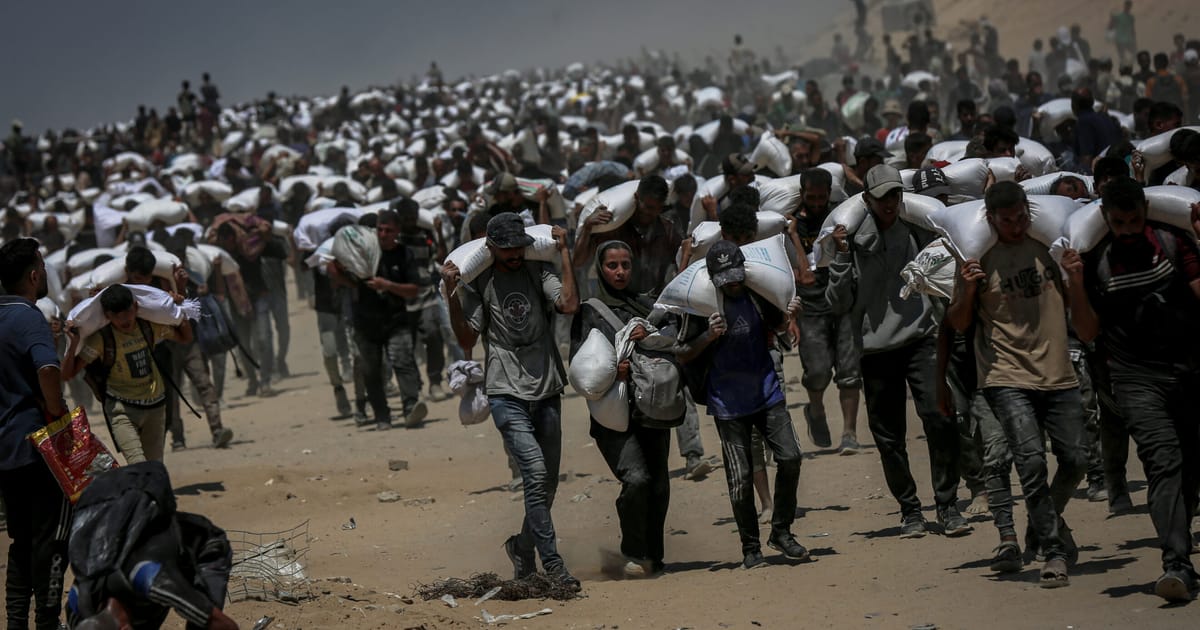

In a sequence of unfolding global narratives, significant developments are shaping the international landscape in diplomatic recognition, migration, arts, human rights, and electoral law. Each element portrays a unique aspect of the intricate and evolving world we live in, offering a chance to reflect on the interconnectedness of these stories.
The United Kingdom has announced its intent to recognize Palestinian statehood by 2029. This intention, expressed by UK Minister Jonathan Reynolds, is hoped to provide the much-needed breakthrough in efforts for peace in the Middle Eastern region. This move aligns with long-standing international debates over the recognition of Palestine, and the UK’s positioning reflects an earnest attempt to contribute to a resolution in a historically complex conflict.
On a different yet equally pressing front, the High Commissioner for Refugees, Filippo Grandi, highlighted the impact of financial constraints on migration patterns into Europe. Grandi emphasized that increasing aid to African countries could alleviate some of the migration pressures, which have been intensified due to budget cuts. By addressing root causes in origin countries, the international community might mitigate the challenges faced by both migrants and receiving countries.
Meanwhile, in the world of cinema, acclaimed director Christopher Nolan faces criticism for filming parts of his movie “The Odyssey” in Dakhla, a city within the disputed Western Sahara territory under Moroccan administration. Concerns raised by the organizers of the Western Sahara International Film Festival suggest that such actions could inadvertently legitimize what they describe as decades of repression. While art serves as a powerful medium for storytelling and education, it also holds the responsibility of cultural sensitivity and awareness of geopolitical implications.
In another part of the world, heart-wrenching stories emerge from El Salvador’s notorious mega-prison, particularly affecting Venezuelans who were transferred there. Narratives shared by returned inmates describe conditions tantamount to ‘state-sanctioned torture,’ involving extreme isolation and inadequate living conditions. These stories shed light on ongoing human rights concerns and underscore the necessity for international discourse on the treatment of prisoners and asylum-seekers.
Lastly, New Zealand is grappling with the potential implications of proposed electoral reforms. Attorney General Judith Collins has raised concerns that these reforms might breach human rights laws and disenfranchise approximately 100,000 Māori voters. The proposed changes, which include closing voter registration earlier and restricting prisoners’ voting rights, aim to address supposed outdated systems but face criticism for potentially marginalizing key voter demographics.
Through a calm and reflective examination of these events, it is apparent that each narrative not only holds immediate significance but also resonates with broader themes of justice, representation, and international collaboration. As we navigate these multifaceted global stories, the emphasis remains on fostering informed dialogue and committed action towards a cooperative and empathetic world community.
Source: {link}
